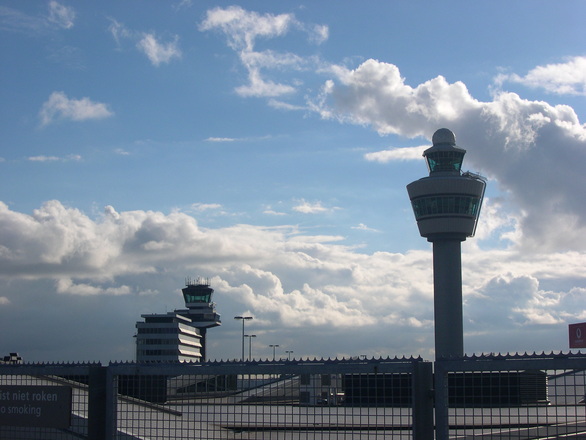Rep. Bill Shuster will likely have to wait a little longer to accomplish his long-held ambition to privatize the nation’s government-run air traffic control system.
But in what can be considered progress, the House is expected to vote this week on Shuster’s provision as part of a bill to reauthorize the Federal Aviation Administration, whose funding expires Sept. 30.
«I have never felt bad if I am the underdog,» Shuster, R-Pa., the chairman of the House Transportation and Infrastructure Committee, told the Washington Examiner. «I am perfectly fine with people saying I won’t get it done. I am just going to move forward inch by inch. I feel confident.»
Even if the bill with the air traffic control provision passes, as Shuster expects, it won’t become law as written because the Senate’s version of the FAA bill does not include the privatization concept, and the two chambers won’t have time to reconcile their differences.
The House and Senate will likely approve a short-term extension of FAA’s current authorization, delaying the adoption of major reforms for another day as Congress faces multiple must-pass deadlines this month.
Shuster knows critics will view this development, or lack thereof, as just another congressional punting, and more evidence the Trump administration and GOP-led Congress can’t advance an agenda.
Yet, Shuster and other supporters of air traffic control privatization see things differently.
His proposal to privatize air traffic control failed to make it the House floor last year. This year, the initiative has the backing of President Trump, who stumped for the idea with a major speech in June, pushing it as a leading plank of his infrastructure investment agenda.
Shuster and outside advocates say the White House and Trump’s Department of Transportation, if not the president himself, remain engaged in pursuing air traffic control privatization, even amid a lack of progress toward moving a wider infrastructure bill…



